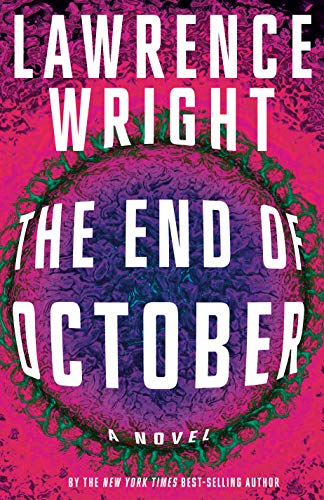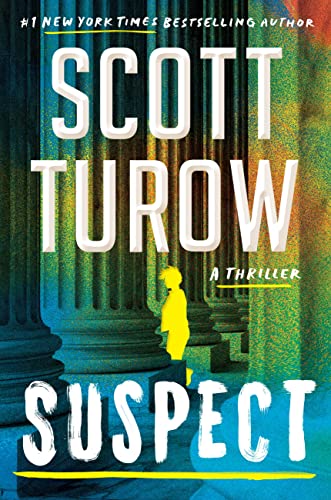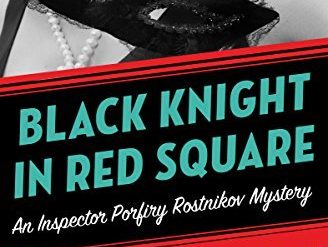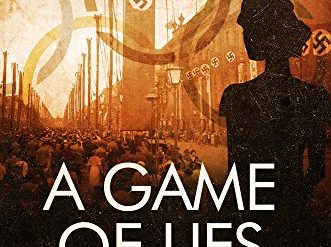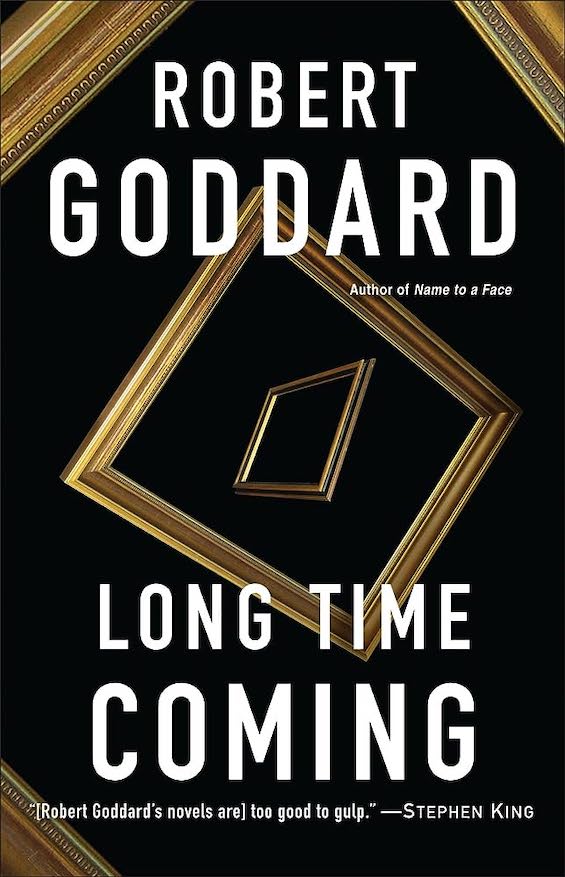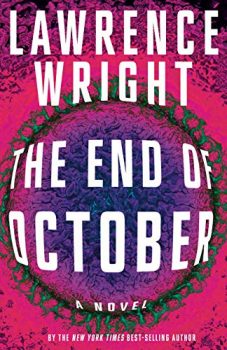
Lawrence Wright’s novel debuted as COVID-19 flared up around the world, so it’s no surprise that the book has been marketed as a thriller about a pandemic. It is that, of course, but only in part. More accurately described, The End of October is a story of human folly and the self-destructive tendencies of the human race. The action unfolds in the course of a vicious pandemic far more lethal than COVID-19. But it’s also about war and the fanatical men and women who justify its pursuit in the name of ideology.
Estimated reading time: 4 minutes
An epidemiologist stars in this thriller about a pandemic
The protagonist of The End of October is Henry Parsons, an eminent epidemiologist who is deputy director for infectious diseases at the Centers for Disease Control. Colleagues know him as the brilliant doctor who stopped Ebola in its tracks. To his wife and children, he is a loving husband and father who is on the road far too often, traveling to global hotspots in pursuit of emerging diseases. And one such new disease—a novel variant of influenza—takes Henry from a meeting at WHO in Geneva to a detention camp in Indonesia where young men are dying at an alarming rate. Thus begins the tale of the Kongoli pandemic.
The End of October by Lawrence Wright (2020) 400 pages ★★★★☆
A novel with a global perspective
Wright deftly shifts the scene from one spot to another across the globe, and back and forth in time. The Centers for Disease Control in Atlanta. The White House Situation Room. A small farm in Tennessee. Villages in the Brazilian Amazon. Mecca during the hajj. A submarine under the sea. And a lab in the Russian Arctic. Henry frantically follows the disease as it escapes the bounds of quarantine and rages through the human population. Hundreds of millions die, and the order imposed by civilization begins falling apart.
Meanwhile, in the White House Situation Room, late-breaking developments in the Middle East threaten war between Iran and Saudi Arabia. Russia and the United States will inevitably become involved when the conflict breaks out. And Henry, fresh from pursuing Kongoli during the hajj at Mecca, is desperate to escape from Saudi Arabia as the missiles began to fly.
Each disease “has a strategy for survival”
Wright shows his chops as an investigative reporter as he relates Henry Parsons’s quest to understand Kongoli. “Diseases may arise from many sources,” he writes, “including viruses, parasites, bacteria, fungi, amoebas, toxins, protozoa, and prions, and each has a strategy for survival.” The author’s description of the pandemic in his novel rings true. However, Kongoli is nothing like the COVID-19 coronavirus. Its R0 is higher, and the mortality rate dramatically more so. Forty-five percent of those who contract Kongoli die.
Consequently, the novel influenza proves to be just the fourth pandemic in recorded history that kills an appreciable percentage of the planet’s population. The first was Justinian’s Plague in the sixth century, which killed fifty million. The second was the Black Death, which ended as many as 200 million lives worldwide. Of course, the third was the so-called Spanish Flu, when 50 to 100 million perished. This book is more, then, than a thriller about a pandemic. Wright reveals the historical context as well.
“Nature will never be fully tamed”
As Wright reminds us, “We believe that nature is no match for human ingenuity and that nature can be tamed. Pompeii reminds us that the incomparable ferocity of nature will never be fully tamed.” So does the pandemic we’re experiencing as I write.
About the author
As Lawrence Wright’s friend, New Yorker editor David Remnick writes, “Wright has written some of the most astonishing journalism of our time, including the reporting on al-Qaeda that helped form his Pulitzer Prize-winning book, ‘The Looming Tower,’ and his exploration of the cult of Scientology, which became the book ‘Going Clear.'” Wright has been on the staff of the New Yorker since 1992.
For related reading
Lawrence Wright also wrote the nonfiction book Going Clear: Scientology, Hollywood, and the Prison of Belief, which is brilliant. I reviewed it at Scientology revealed in a definitive investigative report. Later, I reviewed his novel, Mr. Texas (How the sausages are made in today’s Texas).
I’ve also reviewed two excellent nonfiction books about pandemics:
- Pandemic: Tracking Contagions from Cholera to Ebola and Beyond by Sonia Shah (The existential threat of contagious disease)
- Spillover: Animal Infections and the Next Human Pandemic by David Quammen (Where do all those emerging diseases come from?)
You might also be interested in Science explained in 10 excellent popular books.
And you can always find my most popular reviews, and the most recent ones, on the Home Page.

